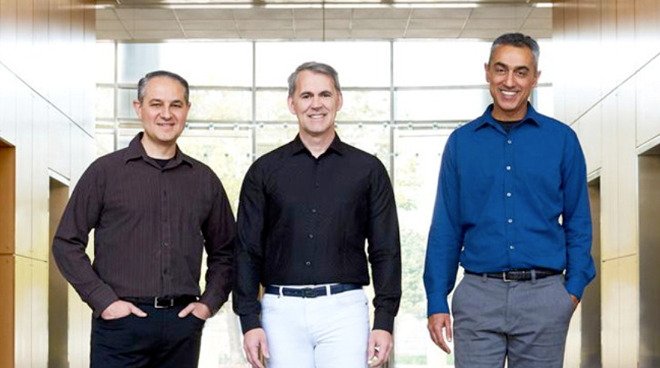I'm glad to see that you're enthused about your old colleagues. I find these stories to be quite fascinating. From the outside, there wasn't a lot of information in the general tech press about many of the companies that you've mentioned or worked at. NexGen just appeared out of nowhere, and was bought by AMD. Cyrix was always puttering around the mid-card, Centaur lower than that, until VIA bought both and everyone left. I recall Exponential being a thing that existed, but for the life of me I couldn't tell you what you were working on. Transmeta was a bizarre little endeavor.
Like Grendel from the Anglo-Saxon epic Beowulf, the DEC Alpha was much talked about, but rarely seen.
No offense about your work on the K6, but I didn't pick up my first AMD CPU until the Athlon XP. I fried it with too much voltage over a series of months, then replaced it with a Northwood P4, because you could get rediculous clocks of of them.
That was back when I was young and stupid and only cared about overclocking and how many FPS I could get out of Quake, even though I didn't play Quake. Now that I've grown to be old and stupid, I've decided to let Apple handle all of the details for me. Last year, I upgraded the system memory inside my Mac mini from 8GB to 64GB, and found it to be a tedious, laborious process. I'd rather just buy the whole widget, not having to worry about BIOS settings, activating Windows, anti-virus, privacy invading bloatware, or any of the other PC shit, and just let Apple do it for me. The Mac is a superior product on most every level, in my opinion, so it's an easy choice.
Still, I appreciate your smoke pit stories,
@Cmaier.


